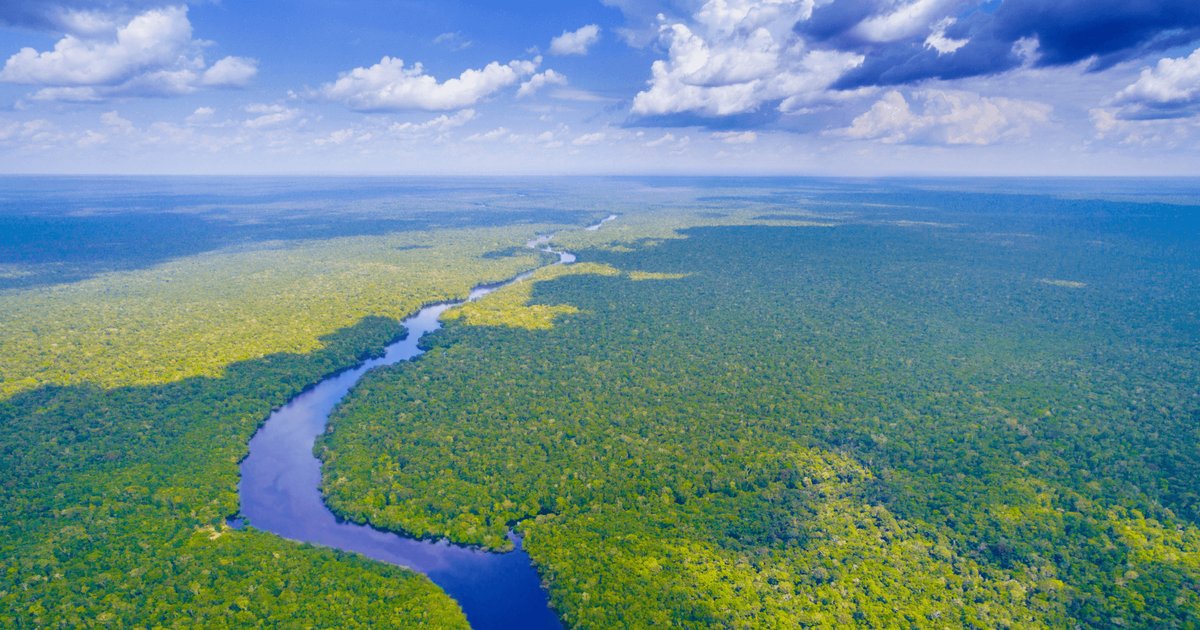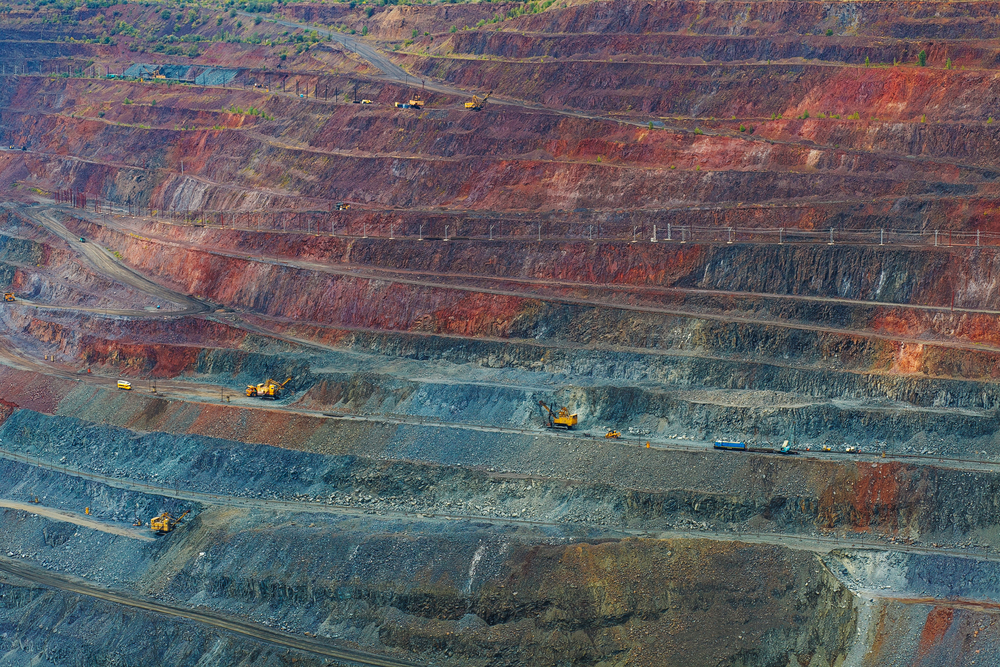

Brazil's potential for economic growth through decarbonization is significant, with a recent McKinsey report estimating that the country could gain up to US$100 billion by 2030. This opportunity arises from Brazil's vast renewable energy potential and biogenic capabilities, positioning it as a leader in the green economy. Currently, Brazil ranks among the top 10 greenhouse gas emitters globally, highlighting the urgent need for sustainable practices. Nelson Ferreira, a Senior Partner at McKinsey, emphasizes that Brazil's transition to a greener economy is not just beneficial but essential for its future prosperity. The report, titled 'Greener Shores: Brazil’s $100 Billion Decarbonization Opportunity,' outlines that renewable energy sources could account for 47% of Brazil's installed capacity by 2040, creating a market worth US$11 billion. Furthermore, the costs of wind and solar energy are projected to decrease by 27% and 46%, respectively, by that time. Over 85% of Brazil's power matrix is already renewable, primarily from hydropower. In addition to energy, Brazil's bio-based solutions market could exceed US$40 billion by 2040, offering further avenues for economic growth. The report also indicates that Brazil could issue CO2 certificates covering 1.7 GtCO2e per year by 2050, which would play a crucial role in carbon management. However, capturing these green opportunities requires effective coordination among government, private capital, and civil society. If successful, this transition could create approximately 6.4 million jobs by 2030, significantly impacting Brazil's economy and its role in global climate initiatives. [74f1218c]
In parallel, Brazil's iron ore exports are becoming increasingly vital to support China's decarbonization goals. Last year, Brazil exported 388 million tons of iron ore, with 64% destined for China. Vale, the Brazilian mining giant, is positioning itself as a key player in reducing emissions from the global steel industry. As China aims to peak carbon emissions by 2030 and achieve carbon neutrality by 2060, the demand for high-quality iron ore that requires less energy-intensive processing is expected to rise. This trend aligns with Brazil's efforts to enhance its green economy, making its iron ore a crucial component in sustainable steel production. [9b6e7aa6]